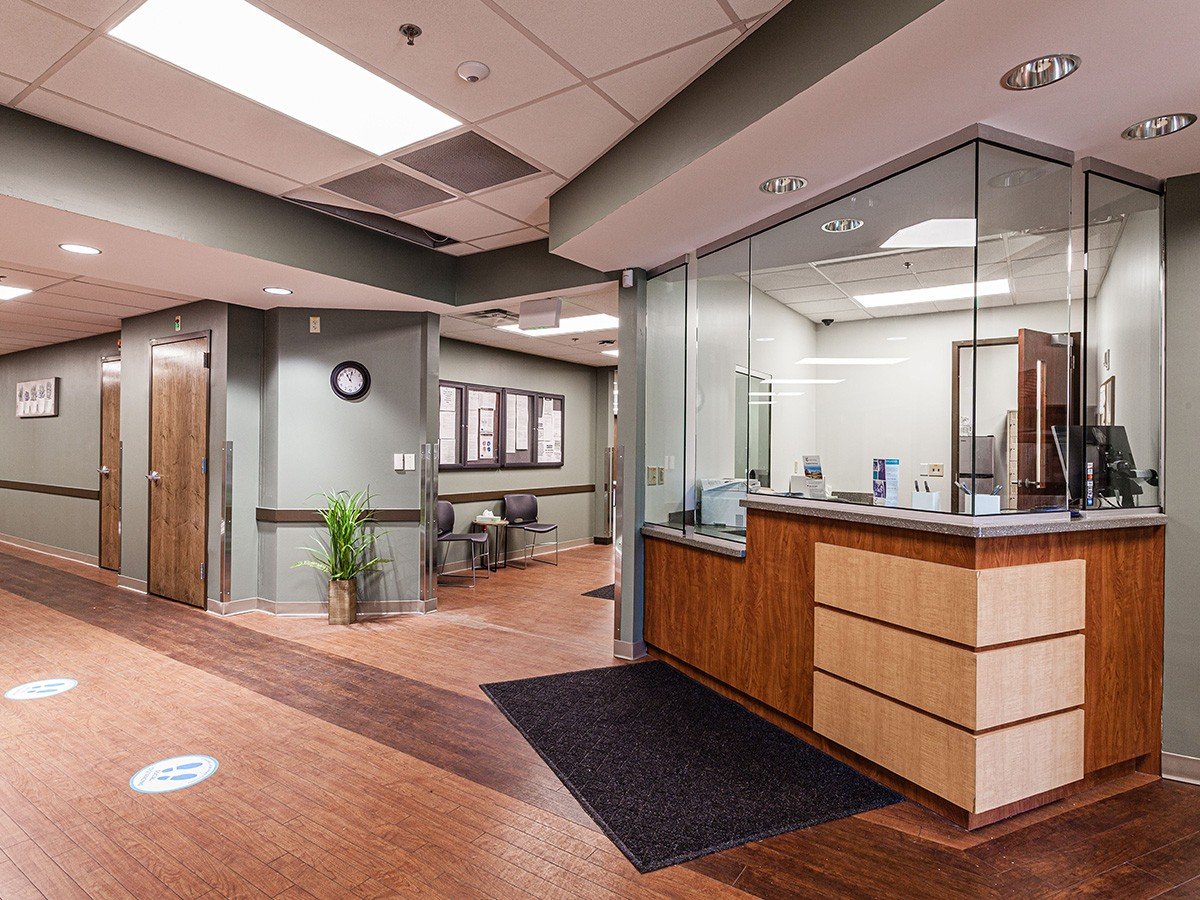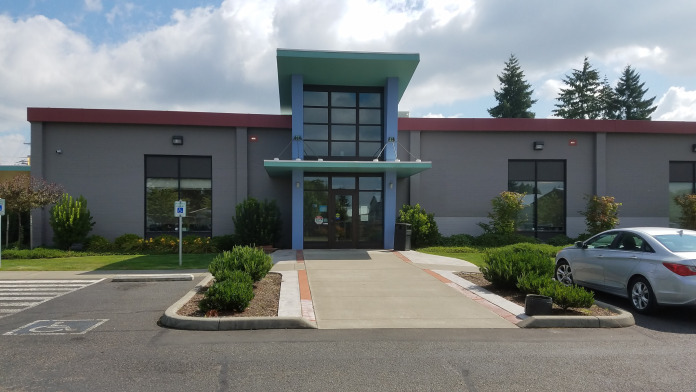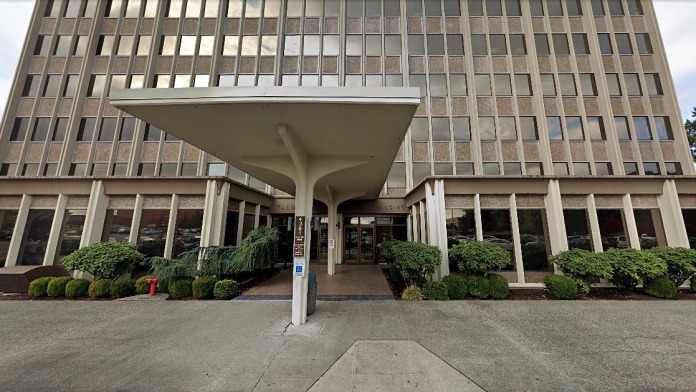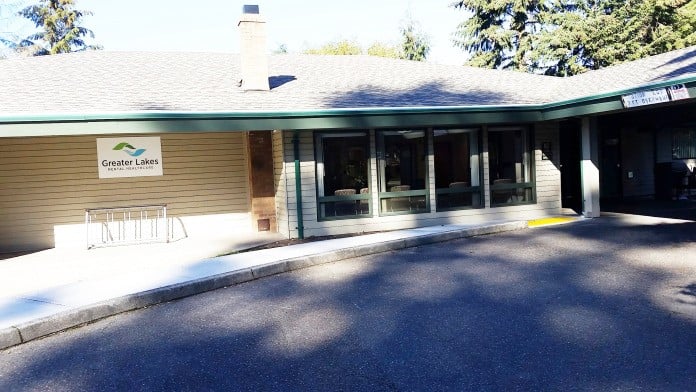About First Things First
First Things First 123, in Lacey, Washington, provides outpatient substance use treatment. They are CARF-accredited and are licensed by the State of Washington. The center accepts Medicaid and most private insurances.
General and Intensive Outpatient Programs
Various outpatient programs are available. The center uses cognitive behavioral therapy, motivational interviewing, and 12 step methods during treatment. Gender specific group therapy is available.
Though the center provides outpatient treatment to the public, their main focus is legally required programs. If you have been charged with a substance related offense, your required program may be available at this location.
Court Ordered Programs and Treatment
The center offers alcohol and drug information school, DUI/DWI assessments, and victim impact panels. These programs will educate you about the legalities associated with driving while using substances and offer behavior change techniques.
The facility is open Monday through Thursday 9:00 am to 5:30 pm and Friday by appointment only. Clients have noted the friendliness and professionalism shown by the staff. Some staff are in recovery themselves and therefore understand clients.
Some clients consider the personalized treatment plans to be effective and possible to follow with a supportive staff. Others were unhappy with beliefs related to medical marijuana and counseling methods.
For those using the transit system, a bus stop is conveniently located two minutes away. If you are looking for a serene nature spot for reflection after a therapy session, Billy Frank Jr. Nisqually National Wildlife Refuge is a little over five miles away and offers bird and whale watching. There are several shaded boardwalks that offer exercise with the possibility of spotting beavers, ducks, songbirds, squirrels, frogs, and bald eagle nests.
Rehab Score
Accepted Insurance
Other Forms of Payment
Self-pay involves paying for treatment out of your own pocket. You can use savings or credit, get a personal loan, or receive help from family and friends to fund your treatment. If you don't have insurance or your insurance plan doesn't cover a specific program, self-pay can help ensure you still get the care you need.
Medicaid is a state based program that helps lower-income individuals and families pay for healthcare. Medicaid covers addiction treatment so those enrolled can use their coverage to pay for rehab. When a program accepts Medicaid the client often pays very little or nothing out of their own pocket.
Medicare is a federal program that provides health insurance for those 65 and older. It also serves people under 65 with chronic and disabling health challenges. To use Medicare for addiction treatment you need to find a program that accepts Medicare and is in network with your plan. Out of pocket costs and preauthorization requirements vary, so always check with your provider.
Addiction Treatments
Treatments
The goal of treatment for alcoholism is abstinence. Those with poor social support, poor motivation, or psychiatric disorders tend to relapse within a few years of treatment. For these people, success is measured by longer periods of abstinence, reduced use of alcohol, better health, and improved social functioning. Recovery and Maintenance are usually based on 12 step programs and AA meetings.
Effective drug rehab in Washington integrates care for the whole person, offering comprehensive solutions to addiction. Treatment methods address mental, physical, and relational aspects of substance abuse.
A combined mental health and substance abuse rehab has the staff and resources available to handle individuals with both mental health and substance abuse issues. It can be challenging to determine where a specific symptom stems from (a mental health issue or an issue related to substance abuse), so mental health and substance abuse professionals are helpful in detangling symptoms and keeping treatment on track.
Opioid rehabs specialize in supporting those recovering from opioid addiction. They treat those suffering from addiction to illegal opioids like heroin, as well as prescription drugs like oxycodone. These centers typically combine both physical as well as mental and emotional support to help stop addiction. Physical support often includes medical detox and subsequent medical support (including medication), and mental support includes in-depth therapy to address the underlying causes of addiction.
Programs
Young adulthood can be an exciting, yet difficult, time of transition. Individuals in their late teens to mid-20s face unique stressors related to school, jobs, families, and social circles, which can lead to a rise in substance use. Rehab centers with dedicated young adult programs will include activities and amenities that cater to this age group, with an emphasis on specialized counseling, peer socialization, and ongoing aftercare.
Clinical Services
In individual therapy, a patient meets one-on-one with a trained psychologist or counselor. Therapy is a pivotal part of effective substance abuse treatment, as it often covers root causes of addiction, including challenges faced by the patient in their social, family, and work/school life.
Contact Information
1905 4th Avenue East
Suite B
Olympia, WA 98506











